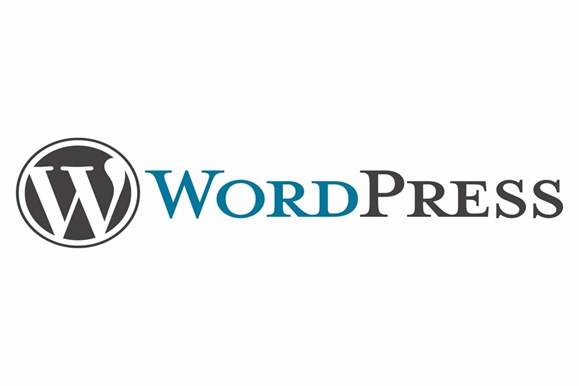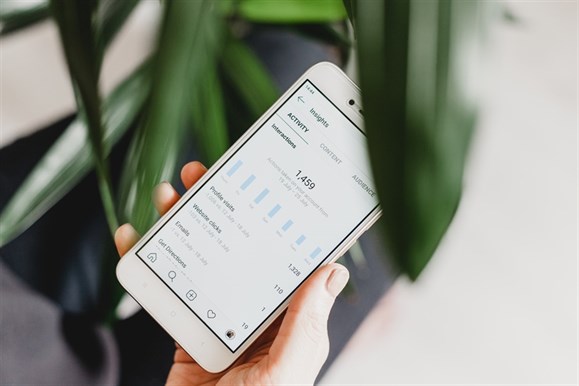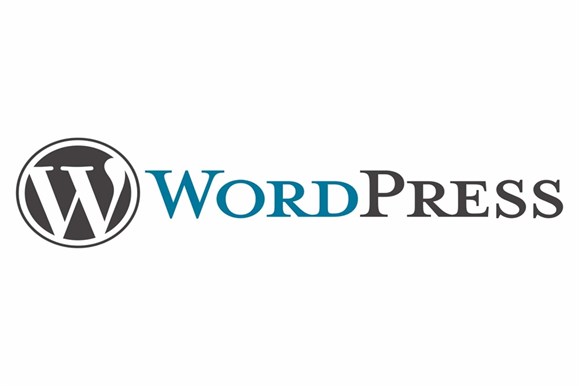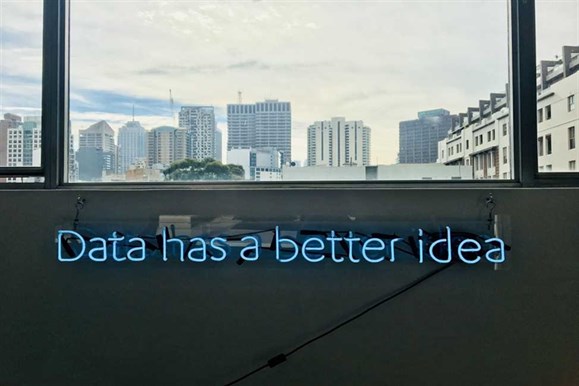
We use cookies to improve your experience
By browsing our site, you are consenting to our use of cookies.

-
Hotel Booking Technology
How to Choose a Hotel Booking Engine
When someone visits your hotel website and decides they want to make a booking, they click that little ‘book now’ or ‘check availability button and…then what? The way things are typically set up, that button will redirect them to your booking engine, a platform that exists separately from your website and allows guests to enter their dates, select their room and make their booking with a credit card.
Every good hotel website needs to be linked with a booking engine. But with so many options out there, how do you choose one? Here are the most important questions to consider
Is It Mobile Responsive?
Our client data shows that, on average, close to half of your hotel’s website traffic will be coming from mobile devices. So it’s of the utmost importance that your booking engine gives mobile users a clean, easy, and intuitive mobile booking experience. When considering booking engines, take a demo of them on your phone to see what the mobile experience is like.
Does It Offer Dynamic Pricing Tools?
Setting different rates for certain days, months or seasons can be a prudent pricing practice. Many booking engines not only allow this but can automate the process by tracking data on who’s buying and when the demand is rising and falling. They may also offer features for adjusting prices for last-minute bookings and other parameters.
Can It Book Packages and Add-Ons?
For properties that offer a variety of onsite experiences and amenities, a system that allows guests to add spa treatments, meals, or excursions to their room booking can allow you to drive more revenue through your website. It can also take a burden off of your reservations staff if it allows guests to book package offers through the system without needing to call or email to do so.
Does It Integrate with Your PMS?
In certain instances, your PMS may offer an online booking engine component, but this isn’t always the best option for your website. If driving online bookings is a serious goal, you’re often better served by using a booking engine that’s optimized for the task. But the question is: how well can it integrate with your PMS system to ensure seamless transmission of bookings data?
Does It Offer Ecommerce Tracking?
For us here at Digital Hospitality, this is a key question, since our work is all about gathering data. The more information we have about bookings made through your website (i.e. where the guest came from, how much they spent, how they behaved before booking), the more we can optimize to increase bookings over time. In order to do so, we need to work with a booking engine that allows us to set up detailed analytics tracking on their system. So be sure to ask any potential booking engine if they support third-party eCommerce tracking.
Is It Too Much for Your Needs?
If you’re a smaller property, it’s worth considering whether you might end up paying for more functionality than you need. If you have a small number of rooms and little need for advanced integrations and pricing tools, look to systems that offer a more streamlined and basic set of features.
Conclusions
Be sure to ask thorough questions of any potential booking engine company and keep notes to compare options. If you’d like any guidance in the process or have any questions about how to choose the best booking engine for your needs, feel free to give us a call here at Digital Hospitality. We’re always happy to chat.
Keep Reading

Guide to Creating Visual Content for Your Hotel
- September 22, 2020
With fierce competition in the hotel industry, enticing visuals of your property can help you stand out from the crowd. Follow this guide for creating visual content that will improve your online aesthetic and increase your bookings.

New Technology Trends: Artificial Assistance for Hotels
- August 23, 2018
With the emergence of home assistants like Amazon’s Alexa, Google’s Assistant, or Apple’s HomePod, the reliance on having an artificial helper is a growing need. Hotels are beginning to test how voice recognition can enhance the in-room experience.

How You Can Use Instagram to Drive Your Hotel Bookings
- October 19, 2020
It’s not uncommon for most travellers to now look to social media as inspiration for their next trip. Social platforms are abound with perfectly curated travel snaps from friends, influencers and brands. So, how can you improve your hotel’s social media presence and increase your bookings?

Let’s talk about Google Adwords
- January 18, 2019
Recently, we held an event hosted by Kevin Harwood all about Google Adwords and how small businesses could utilize its full potential. The event hosted in downtown Vancouver was to learn Kevin’s secrets used in creating countless consistent and profitable Google Ad campaigns.
 Prev Post
Prev Post 


Stay up to date on what's happening at Digital Hospitality. We promise to keep your information private and you can unsubscribe at any time by clicking on the unsubscribe link at the bottom of our emails.


 Back to Blogs
Back to Blogs






































